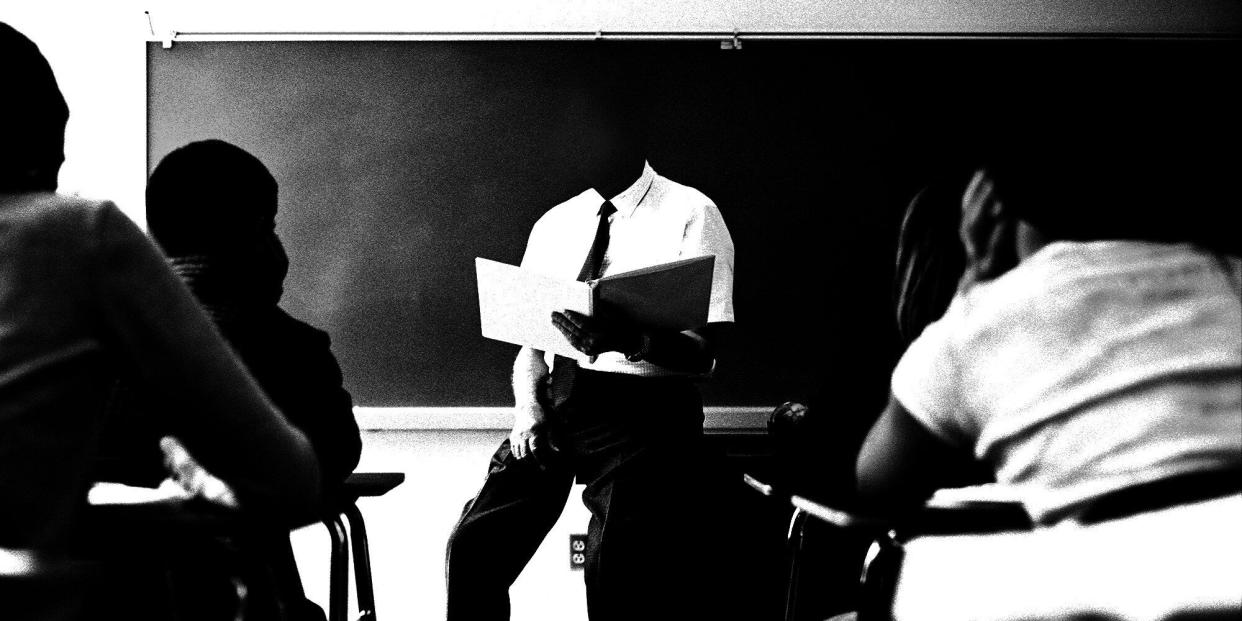School Bank Accounts Are Dwindling, As The Third Wave Of COVID-19 Takes Hold

At the end of last school year, Freeman School District Superintendent Randy Russell of eastern Washington state drew up three potential budgets for September: a best-case scenario, a doomsday scenario and one in between.
The district cut back on staff training, stopped buying new materials and school supplies, and declined to hire the additional support staff they normally hire. This fall, with a nearly 10% drop in student enrollment, the district almost had to deploy its doomsday budget ― which would have required staff layoffs.
“Thank goodness we budgeted so conservatively, because what we thought might happen actually did happen,” said Russell, whose district is using a hybrid learning model. As the months continue, though, he is pessimistic that they will continue to be so lucky. “If we got through the whole year and we didn’t have to lay anyone off, I would consider that a huge win.”
As the third wave of COVID-19 ravages the country and Congress continues to spar over its next stimulus package, school districts like Russell’s have been left in the lurch, resulting in cuts, budgetary uncertainty and, in some cases, job losses. Last spring, dozens of urban district superintendents with the Council of Great City Schools wrote to congressional leaders warning that without hundreds of billions more dollars in funding, they would be forced to lay off hundreds of thousands of teachers. Months later, it’s still too early to tell how many teacher jobs have and could be lost, in part “because districts are waiting to see if relief was coming from the federal government,” Tonya Harris, a spokesperson for the Council of Great City Schools, wrote in an email to HuffPost.
Indeed, the September jobs report showed that about 570,000 elementary and secondary school education jobs, primarily support staff, had been lost since the same time in 2019. Without aid in sight, school districts are looking into the financial abyss.
“I’m so disappointed. To...



